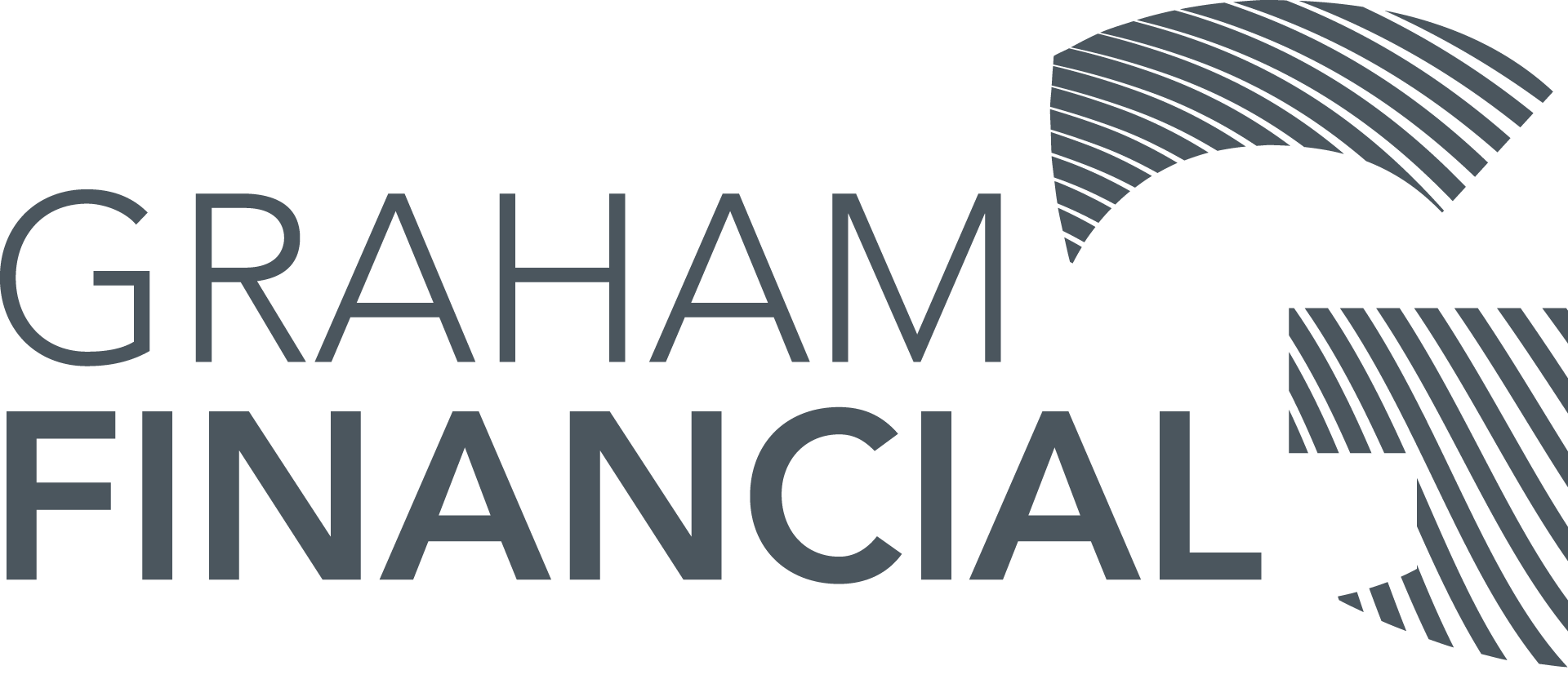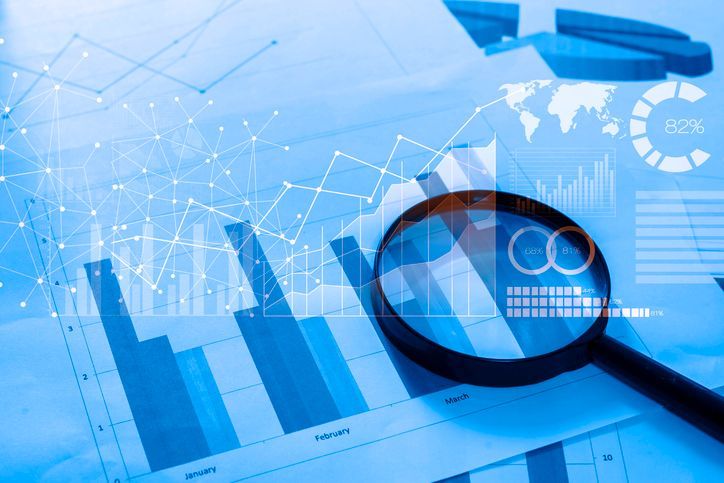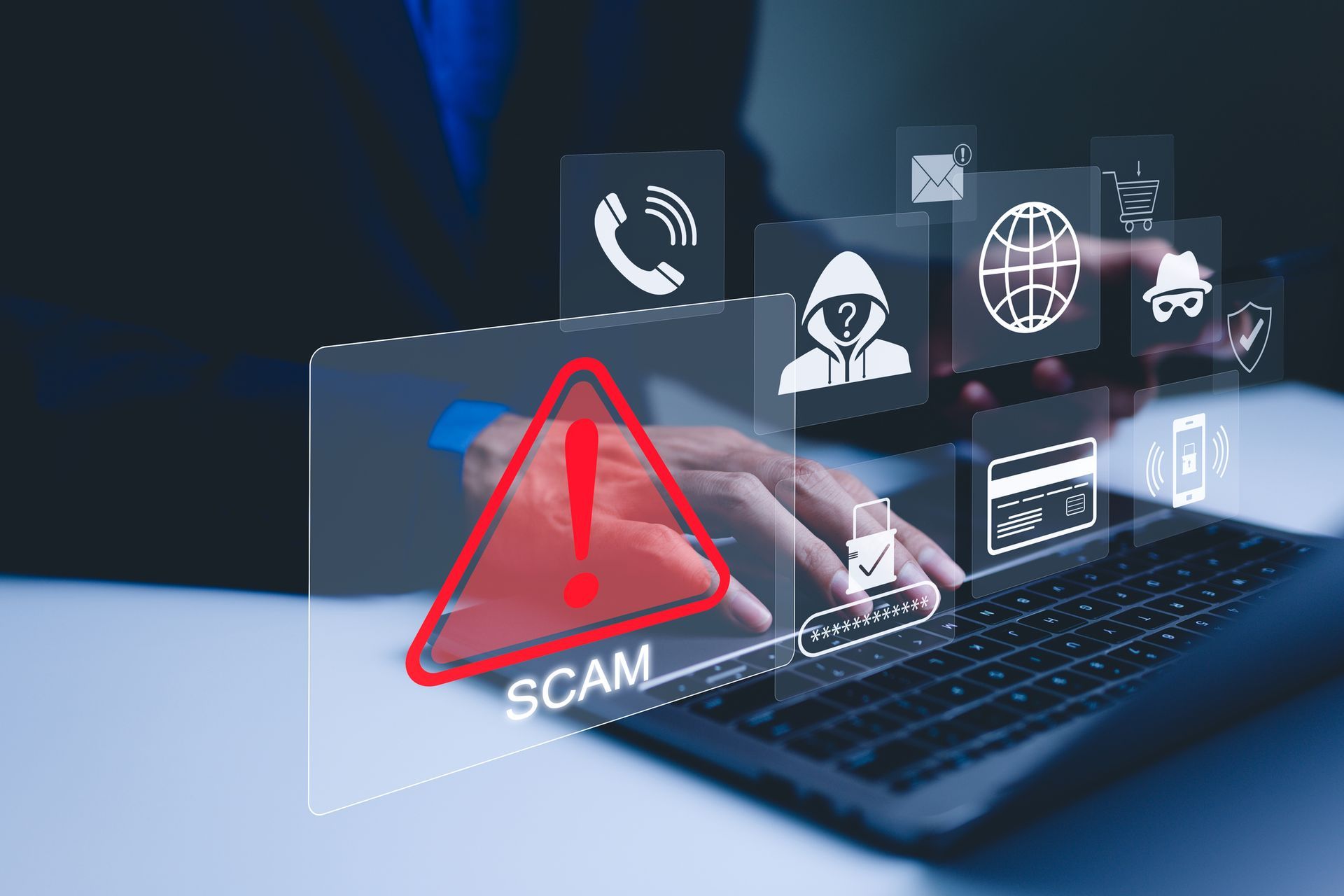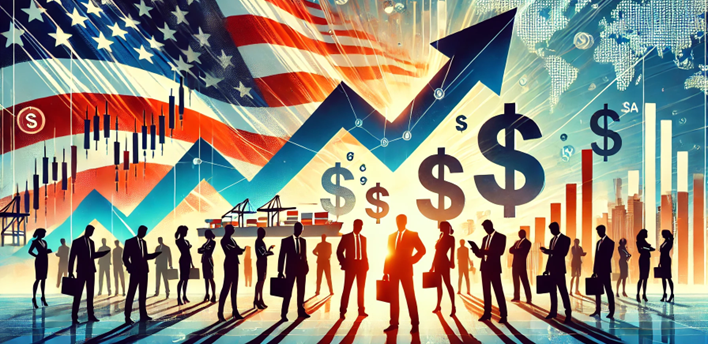Coronavirus Thoughts
‘Annus horribillis’
is Latin for horrible year. Recently someone asked what is Latin for an even worse year… the response was “2020.” As we cross the halfway mark, it is certainly hard to argue differently.
In this article we wanted to put some context around uncertainty, not just in relation to the pandemic we are currently experiencing, but to the unknowable events that we will no doubt experience in the future.
Like many of you, we have read, watched and listened to an almost endless stream of information about the coronavirus, its impacts on the economy and on our way of life.
Within all of this information there were 2 memos written by Howard Marks that really stood out. Howard Marks is the co-founder and co-chairman of Oaktree Capital Management, the largest investor in distressed securities worldwide.
They were aptly titled “Uncertainty” and “Uncertainty II” – both of them are worthwhile reading and they can be accessed in full on Oaktree’s website - but we thought we would provide some highlights.
The world economy is an infinitely complicated web of interconnections. In the years ahead we will learn what happens when that web is torn apart, when millions of those links are destroyed all at once. And it opens the possibility of a global economy completely different from the one that has prevailed in recent decades.
What will it look like on the other side? The memos give a long list of unknowns including:
- Will people who’ve had coronavirus and recovered be immune? Will their immunity be permanent?
- Will the virus mutate, and will immunity cover the new forms?
- Will it be possible to inject antibodies to prevent infection?
- How many people have to be immune for herd immunity to effectively stop the further spread?
- Will social distancing delay the achievement of herd immunity? Is the Swedish approach better?
- Will a vaccine be invented? When? How long will it take to produce and deliver the needed doses? Where will various countries stand in the line to get it?
- How many people will refuse to be vaccinated? With what effect?
- Will vaccination have to be renewed annually?
- Will the virus be with us permanently, and will it be controllable like “just another seasonal disease”?
- Will the massive, multi-faceted Fed/Treasury program of loans, grants, stimulus and bond buying be sufficient to offset the unparalleled damage done to the economy by the fight against COVID-19?
- To what extent will reopening bring back economic activity, and to what extent will that cause the spread of the disease to resume, and the renewal of lock-downs?
Who can respond to these and many other questions, come up with valid answers, consider their interaction, appropriately weight the various considerations on the basis of their importance, and process them for a useful conclusion regarding the virus’s impact?
Forecasters seem to act as if the future already exists, and all we have to do is be smart enough to discern it.
But that ignores the fact that all of us and many other influences are constantly creating the future through our collective activity.
Further, in considering expertise around the virus, we must be wary of some dangerous tendencies in our society:
- to confuse general intelligence with knowledge of the facts relative to a given field,
- to confuse factual knowledge with superior insight,
- to conflate expertise and insight with the ability to predict the future,
- to treat experts in one field as if they’re knowledgeable about all others.
Reporters, not being experts themselves, have to consult experts in order to write their stories. But how do they choose and vet the experts they cite? And to what extent are their selections a function of the biases we all tend to confirm and the conclusions they want to justify? In our experience, the more we know about a subject, the less we’re impressed with the related media coverage.
Ultimately these memos are not concluding that because nothing is definitively knowable, why bother researching anything. Quite the opposite. In fact, it’s more about being conscious that there are things you can’t know definitively and accepting that.
